Controversial cartoon characters include Eric Cartman, Pepe Le Pew, Jessica Rabbit, Brian Griffin, Bender, and Bart Simpson. Prepare yourself for a delightful dash of disillusionment: those treasured animated adventures from your tender years are not quite the paragons of virtue you recall!
With a dash of nostalgia and a pinch of disbelief, you may soon realize that those colorful characters that graced your Saturday mornings weren’t as pure and unblemished as your rose-tinted memories suggest.
The Clash of Controversial Characters
In the name of humor, satire, or sometimes just plain oversight, cartoon creators have occasionally sketched characters that stir controversy, incite debates, and ruffle more than a few feathers.
Some of these animated figures, nestled within our fondest TV memories, carry a surprising undercurrent of contentious issues.
14Scrappy-Doo – Scooby-Doo
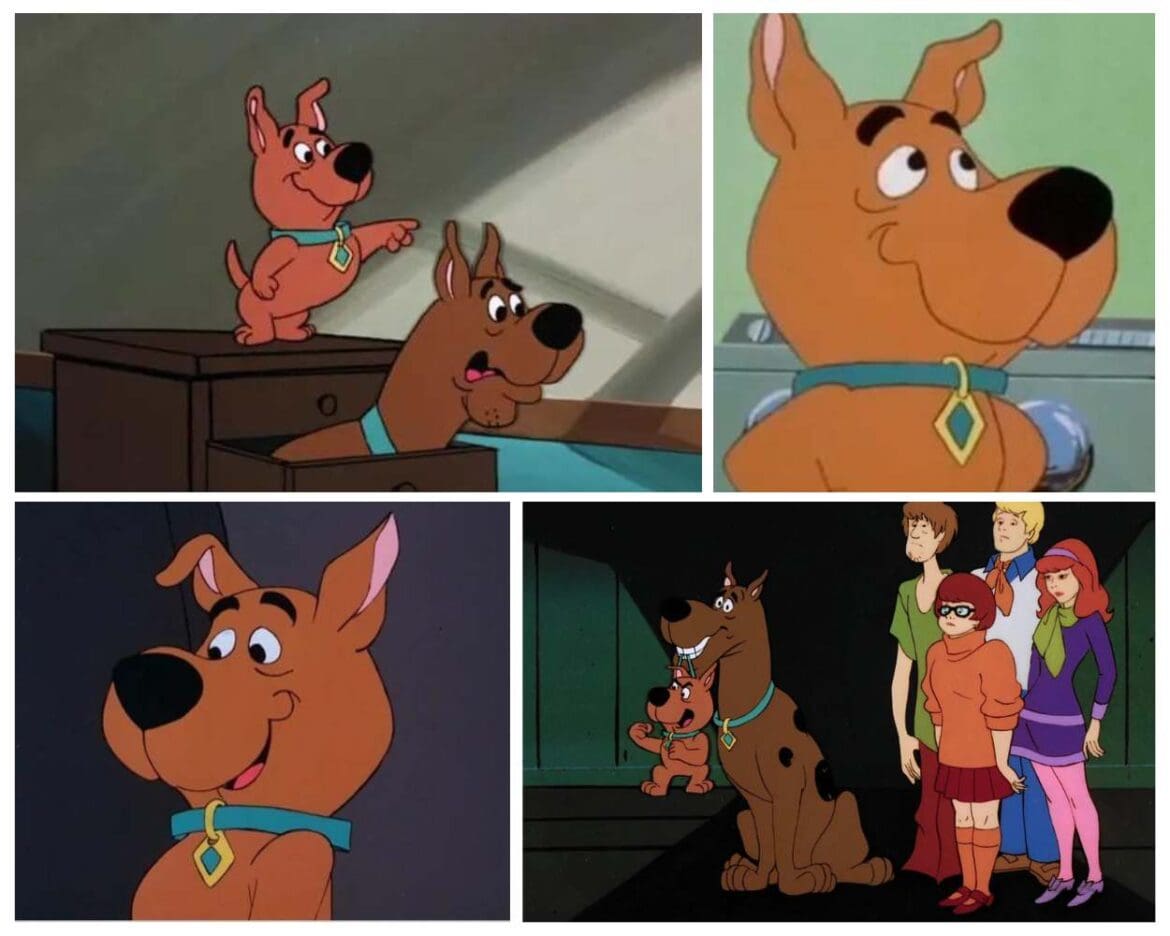
Every family has its black sheep; for the Mystery Inc. gang, it’s undoubtedly Scrappy-Doo. Introduced to rejuvenate the Scooby-Doo series, Scrappy quickly became a source of viewer frustration. His catchphrase, “Puppy power!” is a haunting reminder of his overly zealous and often reckless behavior.
The controversy here is less about societal implications and more about character disruption. Scrappy’s aggressive nature clashed with the rest of the crew’s friendly, laid-back vibe, making many consider him a classic example of a “jump the shark” character. The controversy was with fans and not so much the media.
13Prince Zuko, Avatar: The Last Airbender
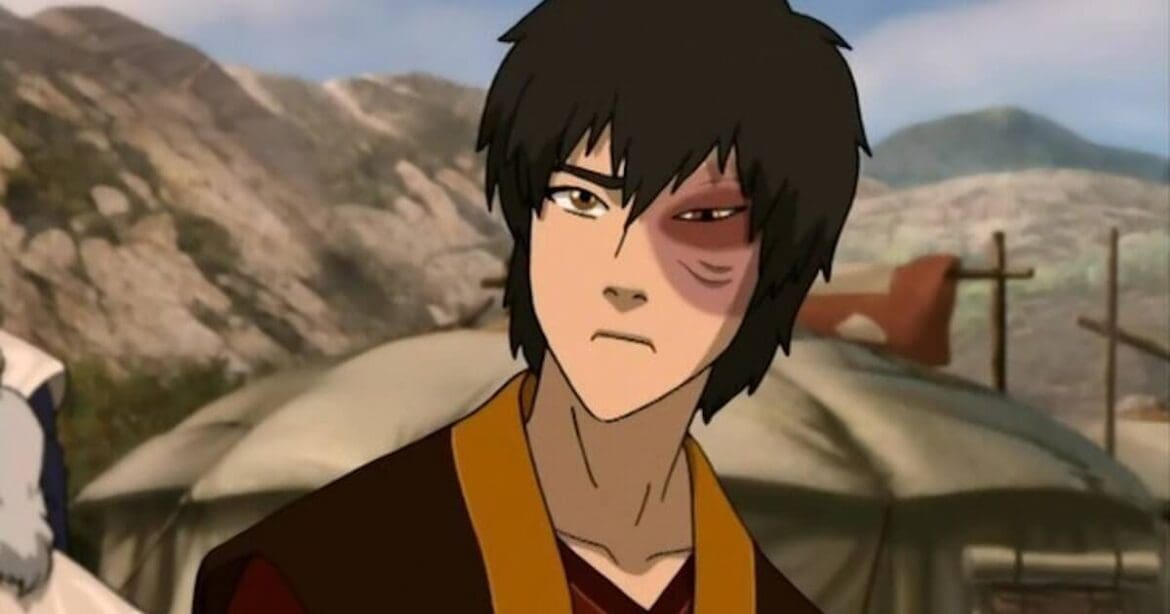
Prince Zuko of “Avatar: The Last Airbender” presents a different controversy. From villainous firebender to redeemed hero, Zuko’s character arc has received praise and criticism. Detractors argue that his redemption overshadows his previous harmful actions, potentially normalizing abusive behavior.
Supporters, however, see Zuko’s transformation as a powerful message about personal growth and the capacity for change.
His fiery character kindles a discourse on redemption and accountability in storytelling. Whether you’re Team Zuko or not, this prince certainly heats the conversation.
12Daffy Duck – A Quack of Controversy
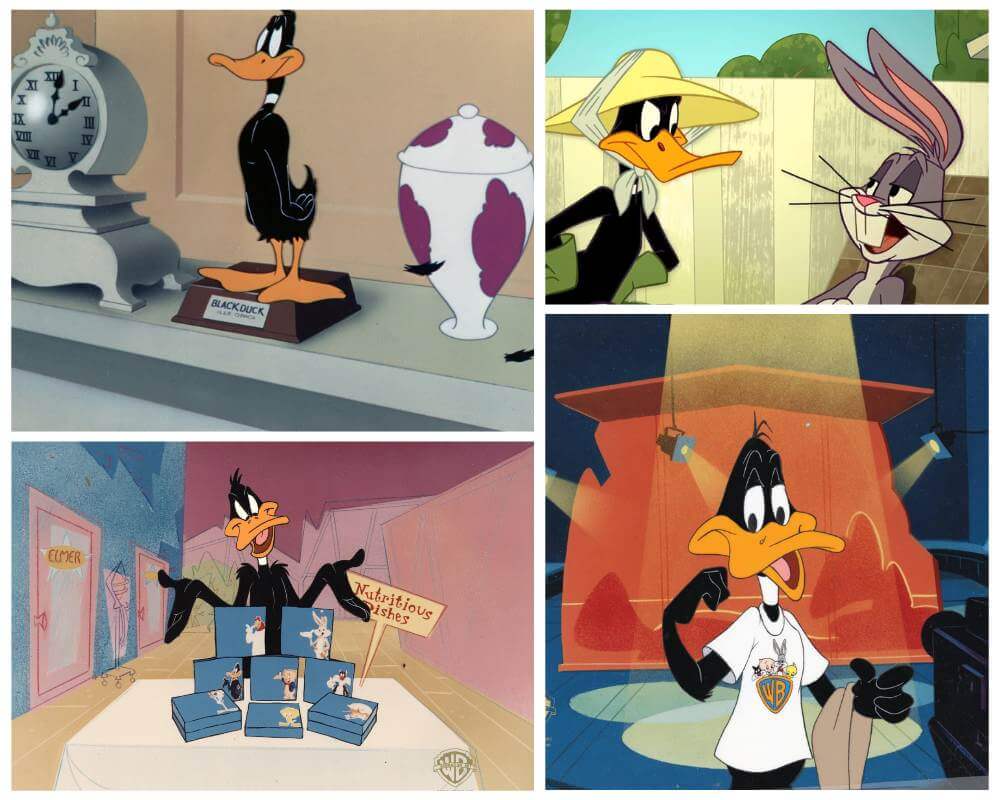
When it comes to controversy, Daffy Duck certainly fits the bill. This iconic Looney Tunes character has come under fire for his sometimes negative portrayal of mental health.
Daffy’s manic personality, though entertaining, is often linked with irrational behavior and volatility, potentially stigmatizing those struggling with mental health issues. Critics argue such representation can reinforce harmful stereotypes. In contrast, others contend it’s all part of the comedic exaggeration typical of cartoons.
Amid the chuckles Daffy incites, he also fosters a conversation about mental health depiction in media.
11Brian Griffin – All Bark and All Bite
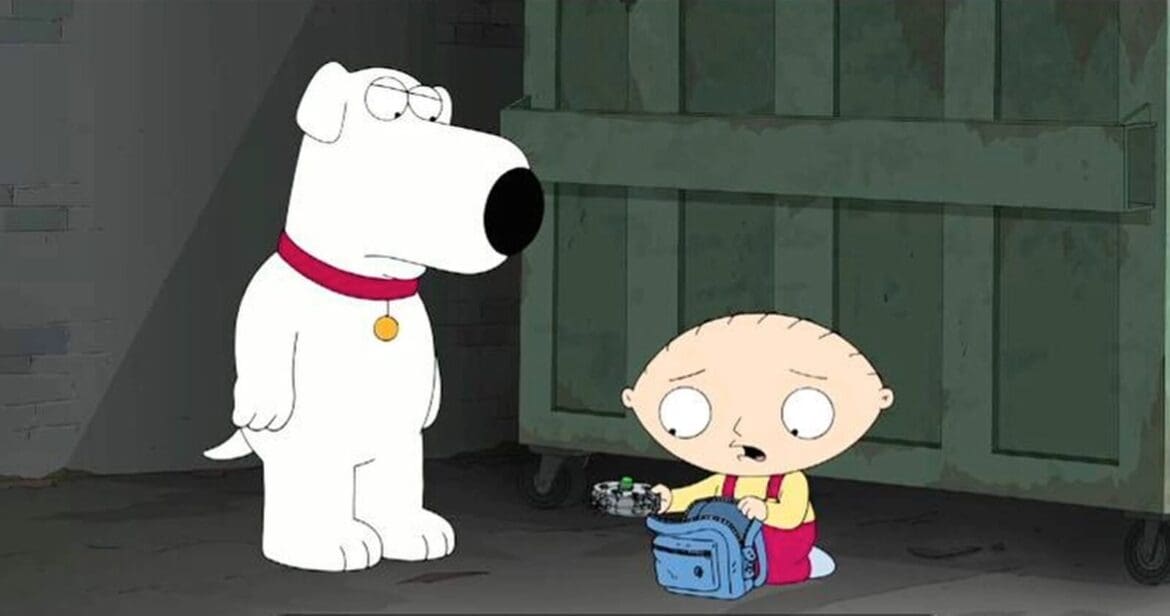
Brian Griffin, the martini-sipping, politically inclined dog from Family Guy, has been at the center of controversy on more than one occasion. Despite his anthropomorphic charms, Brian’s pretentiousness and morally ambiguous choices often fuel heated debates.
From his hedonistic lifestyle to outspoken liberal views, Brian’s characterization is seen by some as a parody of elitist attitudes. In contrast, others see it as a promotion of irresponsible behaviors.
10Launchpad McQuack – Just Plane Crazy
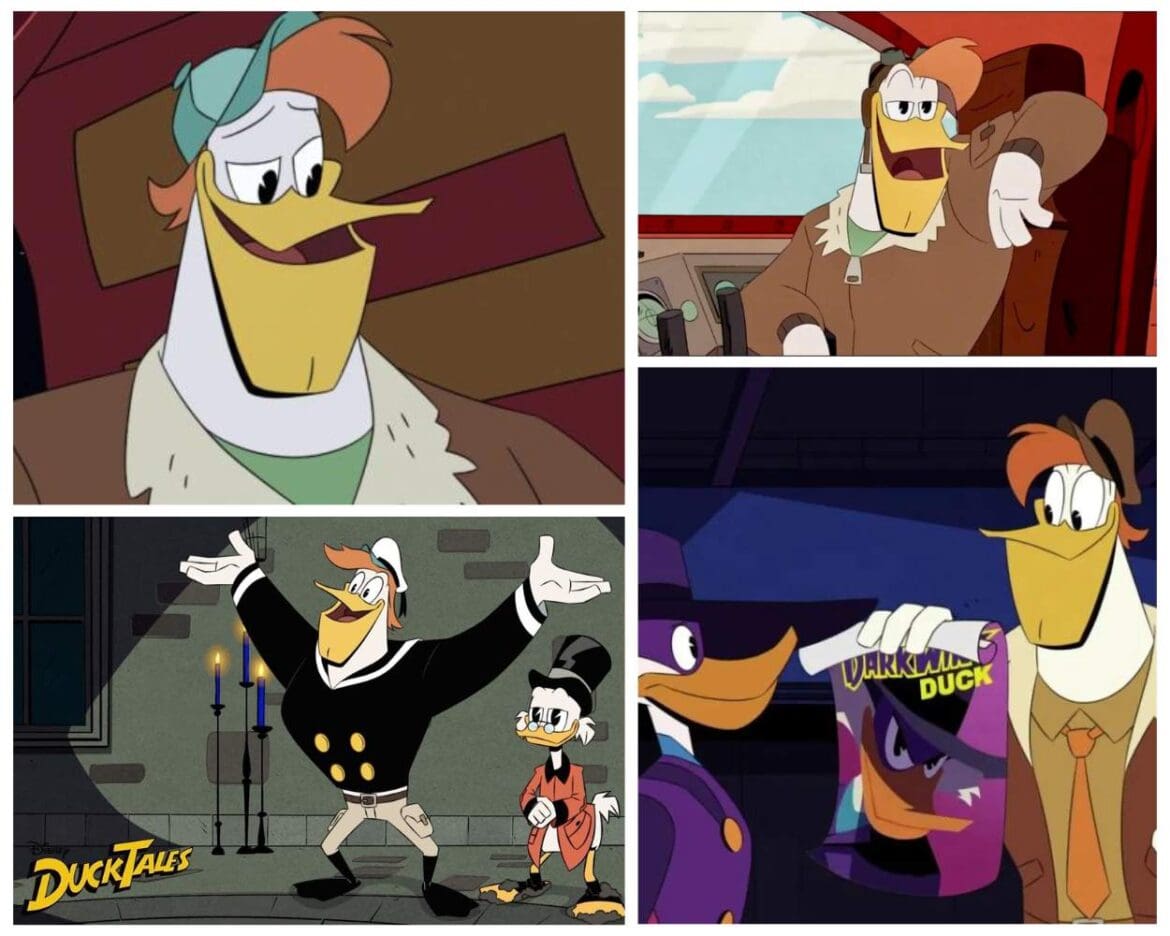
Here’s one for the books: Launchpad McQuack, the affable but accident-prone pilot from DuckTales. While most characters on our list court controversy due to their social implications, Launchpad raises eyebrows due to his alarming incompetence.
With a crash record longer than his flight record, it’s a wonder how he stays employed. Some viewers have found humor in his reckless antics, but others question the message it sends about professional responsibility. Whether you laugh or cringe at his flying fails, Launchpad keeps us airborne in the debate on cartoon character responsibilities.
9Apu Nahasapeemapetilon – The Simpsons
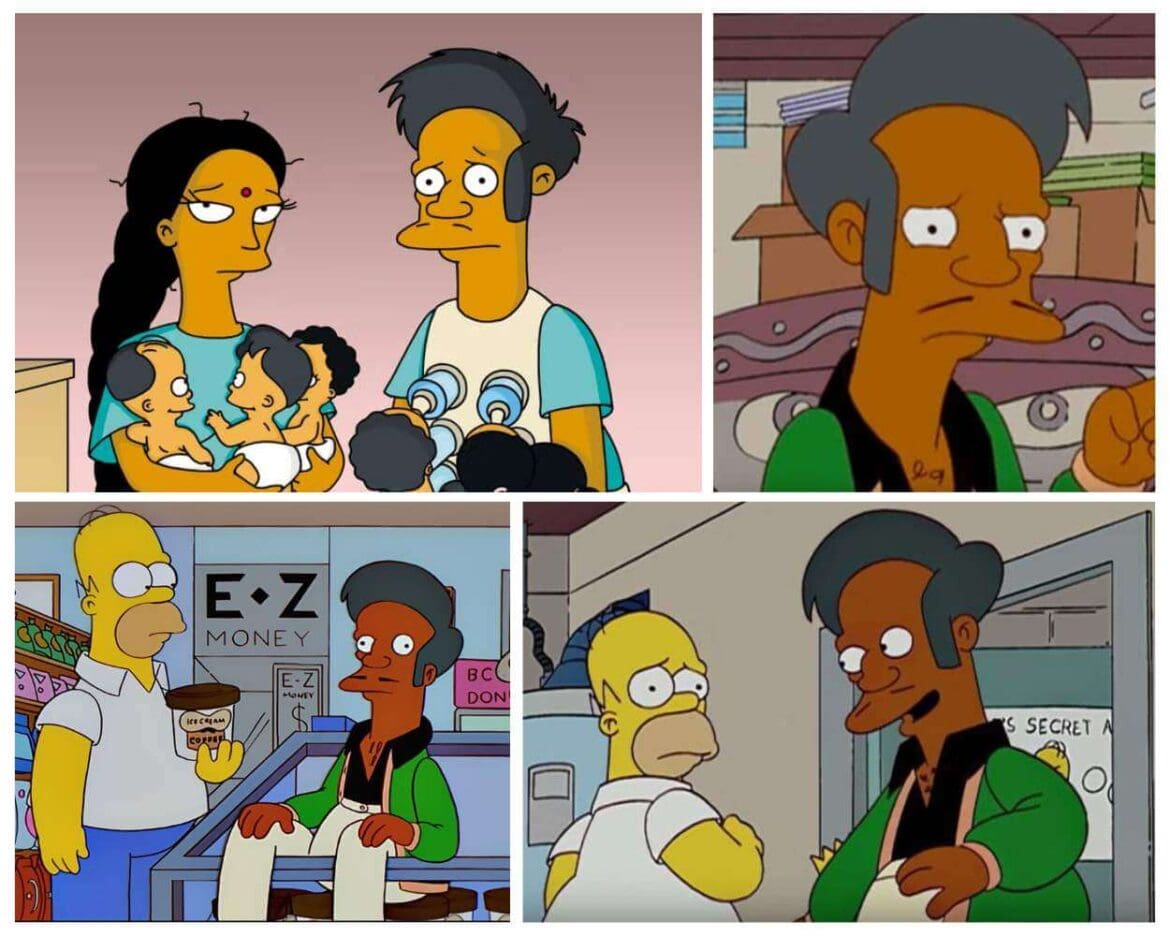
Apu Nahasapeemapetilon, the affable Kwik-E-Mart owner in The Simpsons, has faced heavy criticism for perpetuating racial stereotypes. A caricature of Indian immigrants, Apu’s thick accent and convenience store job have been labeled insensitive.
Critics argue his character both stereotypes and mocks the Indian-American community, leading to a broader conversation about cultural representation in media. While The Simpsons is known for its satirical wit, Apu’s portrayal has left many questioning where the line between satire and offensive stereotype is drawn.
This controversy places a magnifying glass over the media’s responsibility for accurate and fair representation.
8The Gender Bender Bender – Bender, Futurama
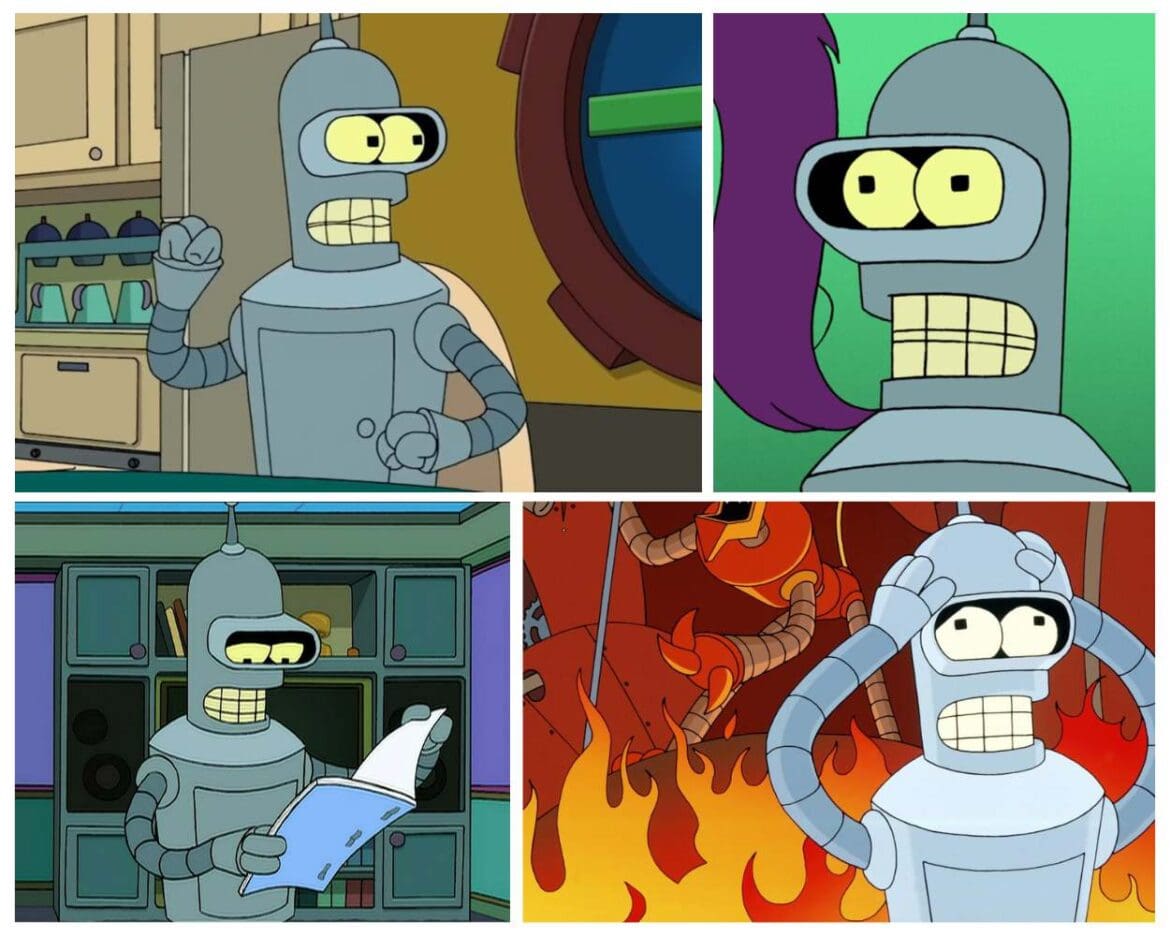
While being a crass, beer-guzzling robot might be Bender’s primary schtick in Futurama, his character raises some intriguing debates about the portrayal of AI and gender stereotypes.
Bender’s character design purposefully subverts the notion of robotic intelligence and artificial morality. However, his sarcastic and often crude demeanor, coupled with his penchant for criminal activities, has stirred discussions about the ethics of AI representation.
7Peter Griffin
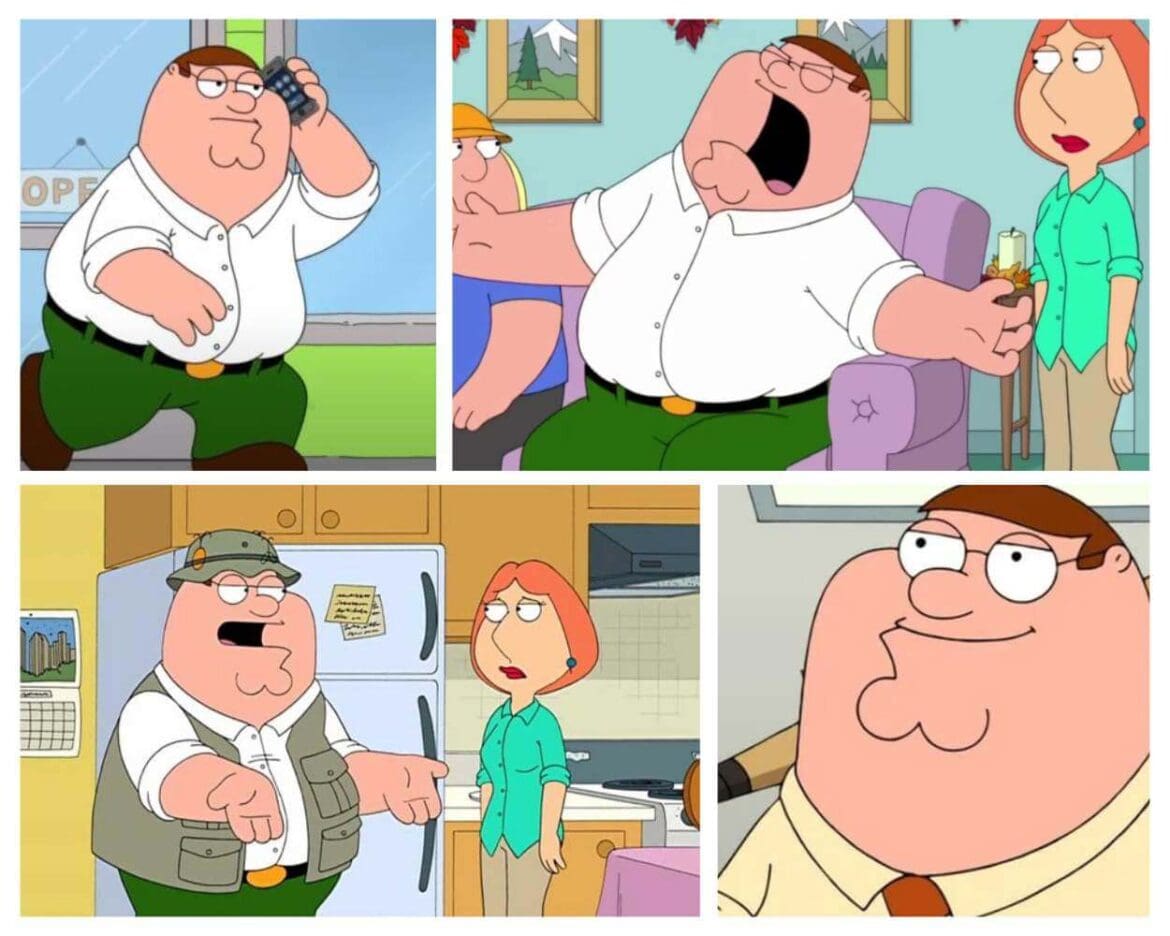
In the vibrant cosmos of animated sitcoms, Peter Griffin from “Family Guy” is a character as complex as he is controversial. As the bumbling yet well-meaning patriarch of the Griffin clan, Peter’s character is designed to parody the stereotypical TV dad. But the misadventures and mishaps that befall this resident of Quahog often tip the scale from humorously ridiculous to provocatively contentious.
On the one hand, Peter’s unfiltered remarks, outrageous antics, and often irresponsible decisions have become a fertile ground for humorous moments and biting satire.
However, these same characteristics have also spawned a fair share of controversy. Peter’s occasional ignorance, insensitivity, and outright recklessness have been accused of promoting negative stereotypes, and normalizing dangerous or harmful behaviors.
6Pepe Le Pew – Looney Tunes
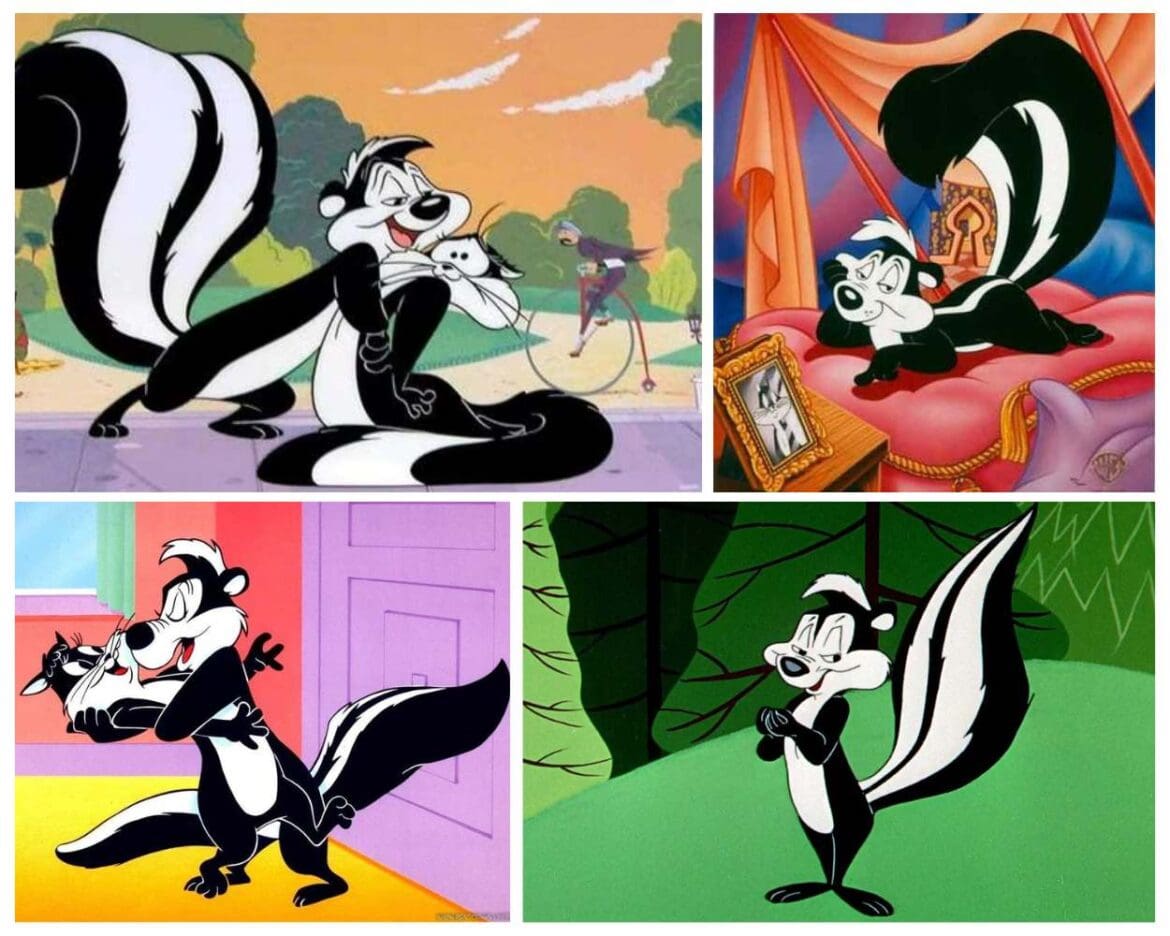
Pepe Le Pew, the amorous skunk from Looney Tunes, has been drenched in controversy due to his relentless pursuit of love. A character once seen as a harmless jokester is now recognized as embodying troubling aspects of consent and sexual harassment.
Pepe’s endless pursuit of Penelope Pussycat, despite her clear signs of disinterest, has brought the skunk under fire in recent years. While many argue it’s simply an old cartoon, others see a mirror reflecting society’s need to understand consent better.
No matter your stance, Pepe Le Pew’s antics have brought an unexpected debate.
5Jessica Rabbit – Who Framed Roger Rabbit
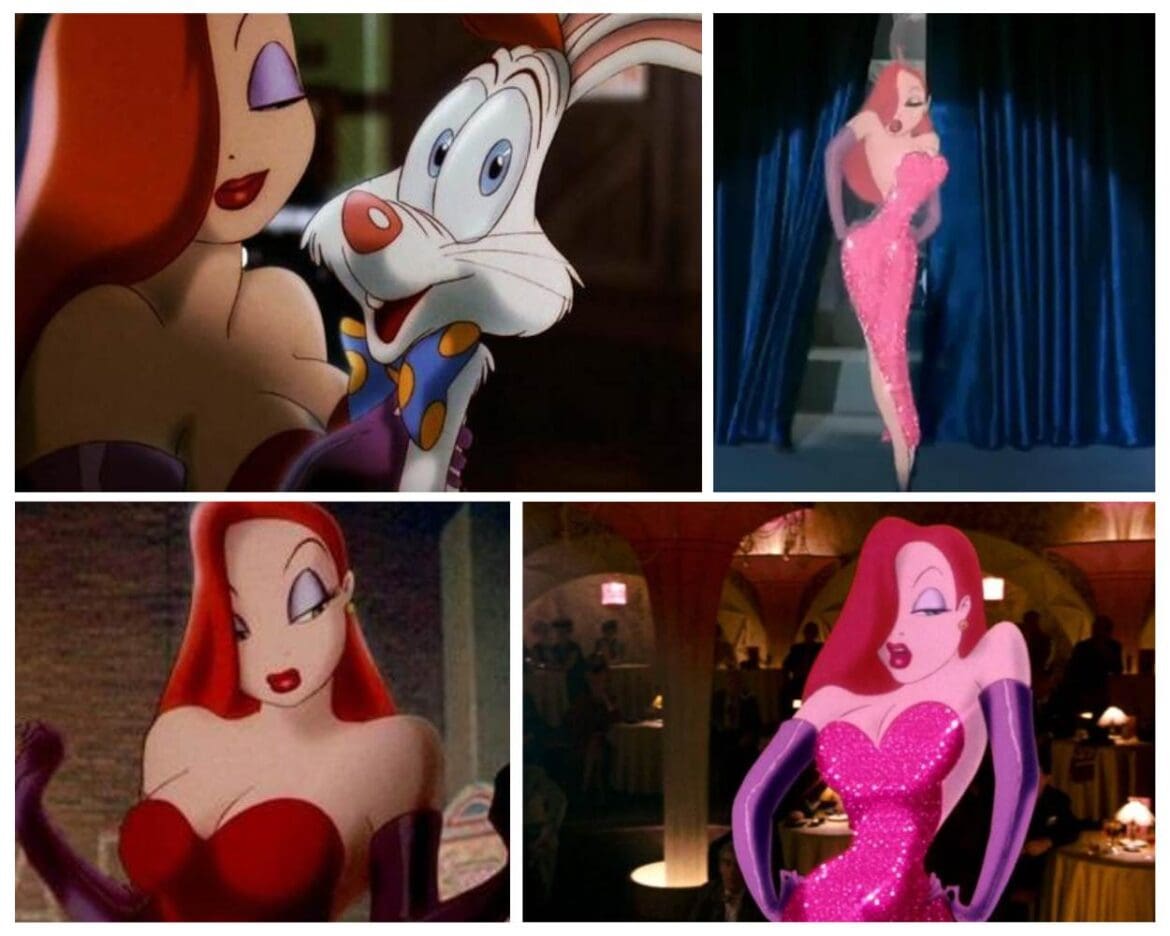
Sexy, sultry, and a source of controversy, Jessica Rabbit, from “Who Framed Roger Rabbit,” has raised eyebrows ever since she first sashayed onto the screen. Viewed by some as the epitome of the hypersexualized female character, Jessica has faced backlash for her provocative attire and behavior.
Critics argue her image sets unrealistic body expectations, while supporters contend she’s a symbol of empowerment, fully embracing her sexuality.
This saucy cartoon character defies expectations and confronts societal norms about female sexuality and body image, creating a paradox that sparks endless debates.
4Bart Simpson: The Simpsons Bad Boy
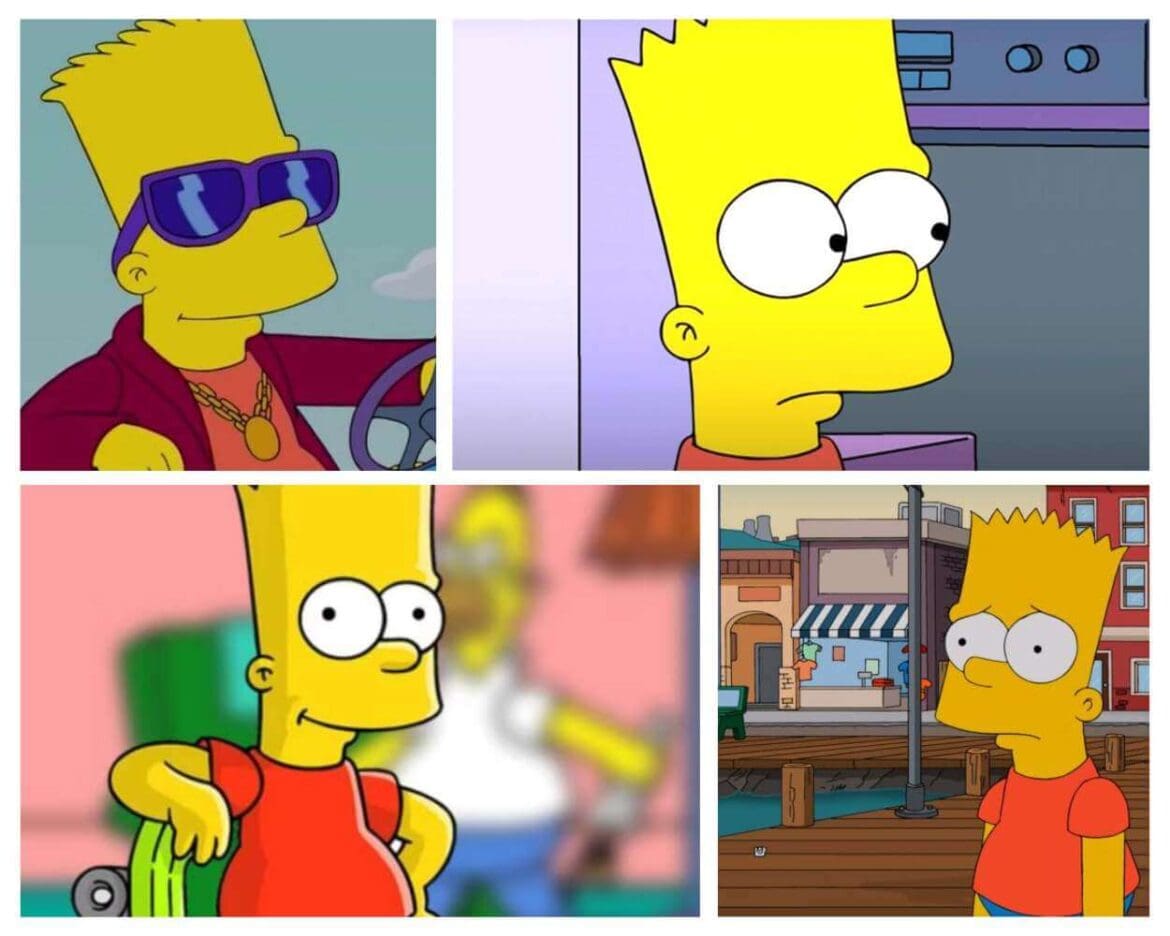
Oh, Bart Simpson, the crown prince of pranksters! As the spiky-haired heart of the longest-running animated series, “The Simpsons,” Bart has become an emblem of mischievous rebellion. Debuting in 1989, Bart swiftly evolved from a cartoon character into a cultural phenomenon, but his path wasn’t free from controversy.
In the ’90s, this rebellious ten-year-old quickly garnered infamy as one of television’s most provocative characters. While some appreciated Bart’s rule-breaking demeanor as a satire of traditional family values, others viewed it as a threat to parental authority and youthful innocence.
3Roger – American Dad
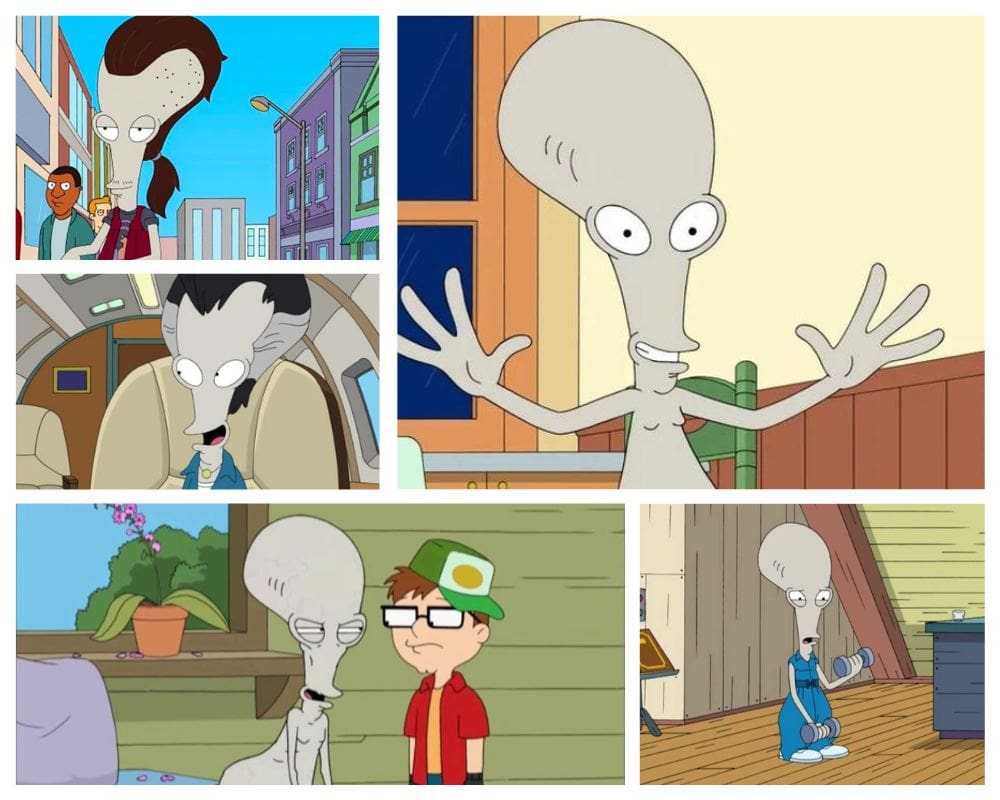
At first glance, Roger – the resident alien of “American Dad” – seems like a perfect formula for a chuckle: an extraterrestrial living incognito with a suburban family, sporting disguises, and cultivating eccentric personas. Yet, this grey-skinned, wig-wearing, persona-juggling character is more than just an amusing sight; he’s a vortex of controversy.
With a personality as mutable as his disguises, Roger’s character navigates a fine line between humor and offense. Roger’s unapologetic self-indulgence, coupled with his lack of moral compass, results in countless escapades that range from harmless pranks to disturbingly unethical antics.
These stories often serve as satire on human flaws, but critics argue that they can also normalize problematic behavior.
2Stewie Griffin – Controversial Cartoon
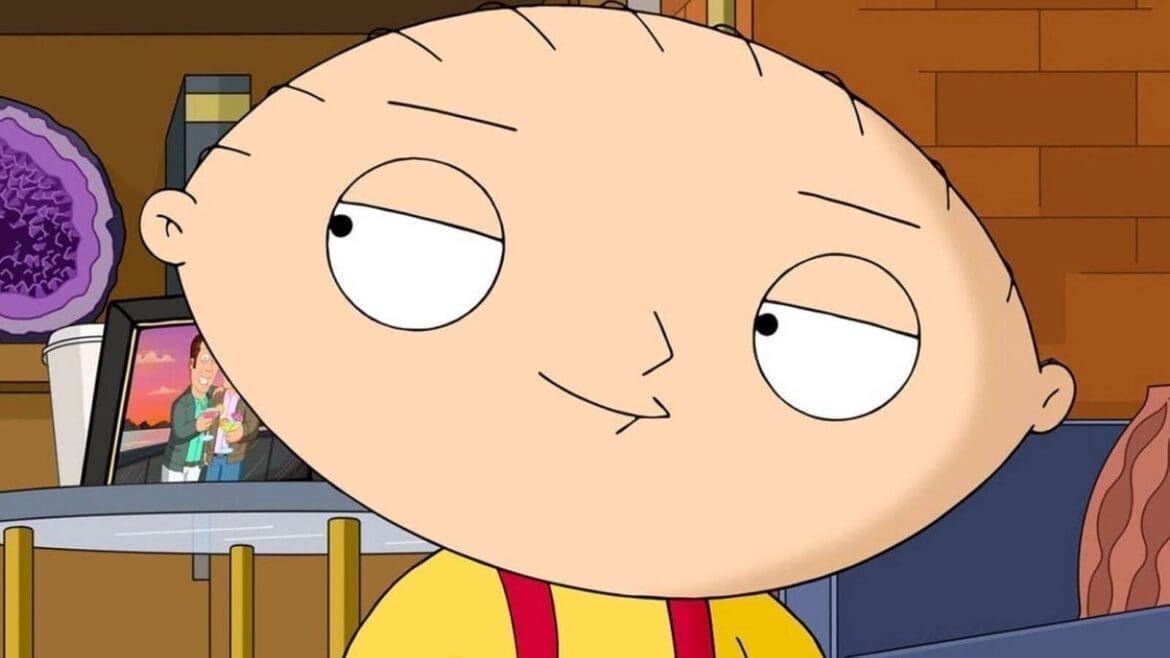
Stewie’s controversial appeal lies primarily in his stark deviation from the expected characteristics of a cartoon toddler. From building time machines and mind control devices to attempting matricide multiple times, Stewie’s dark and often violent tendencies have attracted criticism. Critics argue that his actions and demeanor, while often serving as a source of humor, can potentially normalize violent and antisocial behavior.
Moreover, Stewie’s ambiguous sexuality has been a significant topic of debate. His frequent suggestive comments and flamboyant gestures have led many to speculate about his sexual orientation, which creator Seth MacFarlane and the show’s writers have deliberately left open-ended.
While some viewers appreciate the character’s fluidity, others feel it borders on problematic stereotyping.
1Eric Cartman – South Park
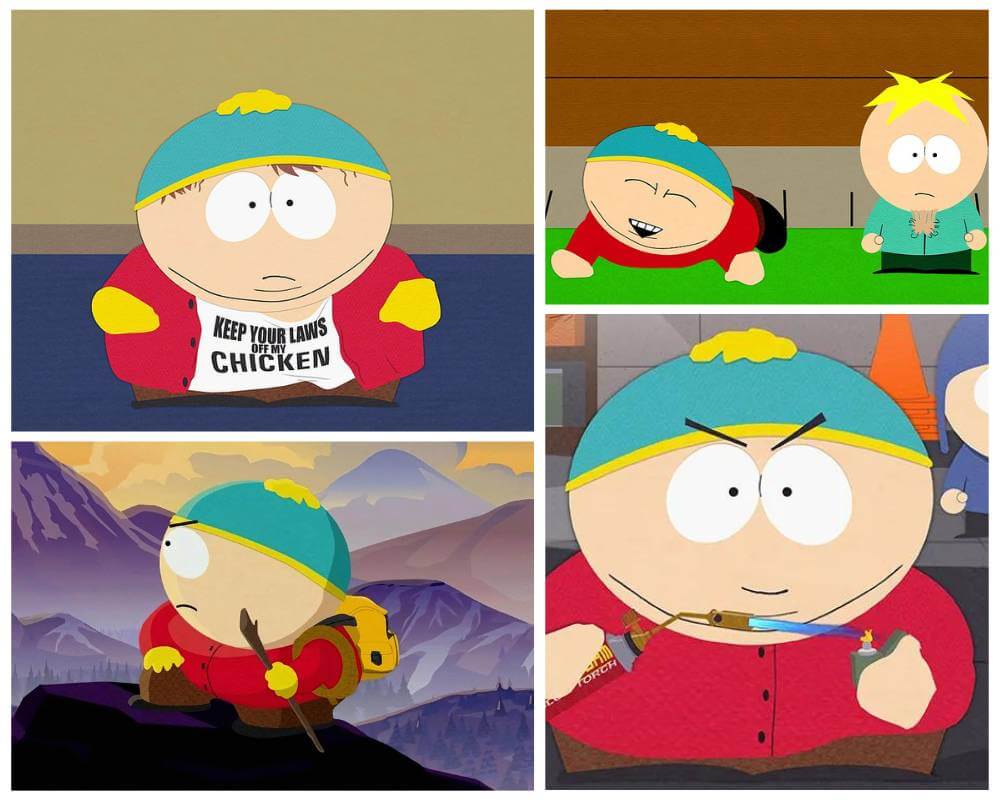
As the noxious heart of South Park, Eric Cartman has held a controversy monopoly since his debut in 1997. He’s a walking, talking offense factory, mocking everything from racial sensitivity to gender politics.
His creation seems to have been forged from the question, “How far can we push the envelope?” His outrageous antics, although deplorable, have kept viewers glued to their screens, intrigued by the audacity of his character.
In his crude way, Cartman stirs conversations and forces us to confront prejudices head-on. Remember, folks; sometimes, it takes a cartoon to make real-world issues cartoonishly clear.
Controversial Adult Cartoons Show

Whether it’s the scandalous escapades of a sociopathic scientist in “Rick and Morty,” the biting mockery of American values in “Family Guy” or the explicit exploration of puberty in “Big Mouth,” adult cartoons, have become a potent, if contentious, outlet for social commentary.
The humor in these series is rarely apologetic and can often leave a trail of raised eyebrows and heated discussions.
- Family Guy: Known for its satirical humor, it frequently ignites controversy for tackling sensitive issues such as race, religion, and sexuality in its comedic narratives.
- South Park: This show is no stranger to controversy, often garnering attention for its political satire and take on contentious subjects that sometimes verge on crude or offensive humor.
- American Dad!: The character of Roger, a sexually fluid alien, and the show’s often biting satirical take on American society can prove polarizing among viewers.
- Rick and Morty: This series has been critiqued for portraying toxic familial relationships and glorifying anti-hero Rick’s abusive and self-destructive behavior.
- BoJack Horseman: While acclaimed for its raw exploration of mental health, addiction, and celebrity culture, BoJack Horseman also sparks debates over its depiction of serious issues and consequences.
- Big Mouth: The cartoon, focused on the perils of puberty, is often debated for its explicit content and the sexualization of young characters, despite its intent to provide sex education.
- Archer: Archer’s misogynistic tendencies, the show’s mature content, and irreverent humor often stirs controversy.
- The Simpsons: Despite its status as a beloved classic, The Simpsons faces criticism, especially surrounding the racial stereotyping of characters like Apu Nahasapeemapetilon.
- F is for Family: This animated sitcom’s depiction of parenting, family dynamics, and its raw portrayal of the ’70s can lead to debate and controversy.
- Paradise PD: Known for its adult humor and crude comedy, Paradise PD often raises eyebrows with its graphic violence and explicit sexual content.
- Brickleberry: This show faced backlash for its offensive humor, often including racial and sexual jokes and mockery of serious topics.
- Mr. Pickles: This adult horror cartoon about a demonic border collie has been criticized for using graphic violence, satanic themes, and explicit content.
- Drawn Together: A parody of reality shows featuring stereotypical cartoon characters, Drawn Together was known to push boundaries with adult humor, sometimes attracting controversy.
- Sausage Party: This adult animated film stirred controversy with its graphic sexual content, religious themes, and explicit language.
- Love, Death & Robots: This anthology series, known for its mature content, has sparked debates due to its graphic violence, sexual content, and objectification of women in certain episodes.